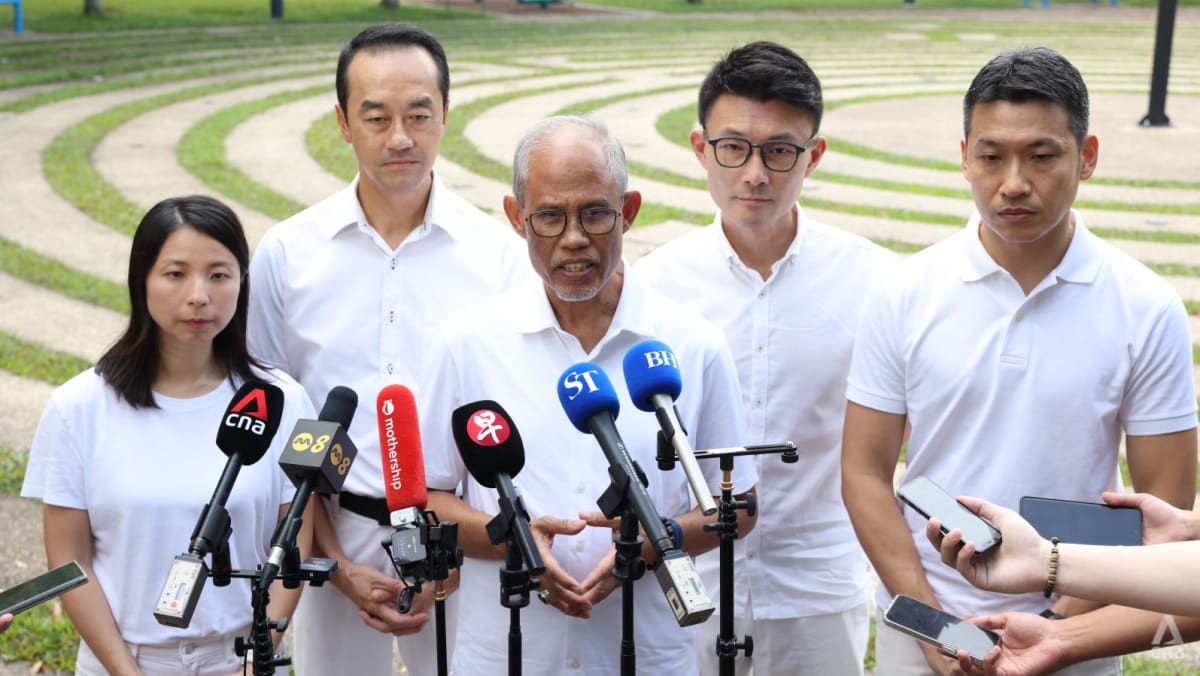Responding to the revelation that online election advertisements had been posted by foreigners urging Singaporeans to vote along religious lines, WP chief Pritam Singh said on Saturday that Mr Noor would be “sadly mistaken” if he thought his advocacy would compel the WP to raise his issues.
Mr Singh said his party was not aware that Mr Noor would be present at its meeting with Malay-Muslim religious and community leaders, and that the party did not agree to Mr Noor’s list of demands in exchange for political support.
Singapore’s Asatizah Recognition Board (ARB) said in a statement on Saturday that recent public references identifying Mr Noor as a Singapore Islamic teacher were “inaccurate and misleading”.
“Mr Mohammed Noor has never received recognition under the Asatizah Recognition Scheme (ARS) and is therefore not permitted to preach in Singapore,” it said.
Mr Noor had applied for recognition in 2017, but was unsuccessful as he refused to comply with a code of ethics under the ARS despite counselling by the board, ARB said without elaborating further.
HARMONY IN SINGAPORE “DID NOT COME EASY”
Mr Masagos, who is also Minister for Social and Family Development, said on Saturday that foreigners who interfere with Singapore’s election by encouraging people to vote along racial or religious lines “chips away at the trust we’ve worked so hard to build”.
Harmony in Singapore “did not come easy” and was built over decades through mutual respect and a shared will to move forward together, he said.
“Harmony is precious and rare. We must never take it for granted. It takes constant effort to protect our unity and keep at it at the heart of our identity,” he said.
“Our shared identity as Singaporeans must always come first – multi-racialism, mutual respect, particularly. They are the reason why we have peace, stability and progress, not just ideals.”
In some countries where trust between different races or religions is absent, “minorities struggle to worship freely – even Muslims, mosques are opposed, even cemeteries are contested”, Mr Masagos said.
“In Singapore, the trust between communities means Singaporeans – including Muslims – can live and worship with confidence,” he added.
